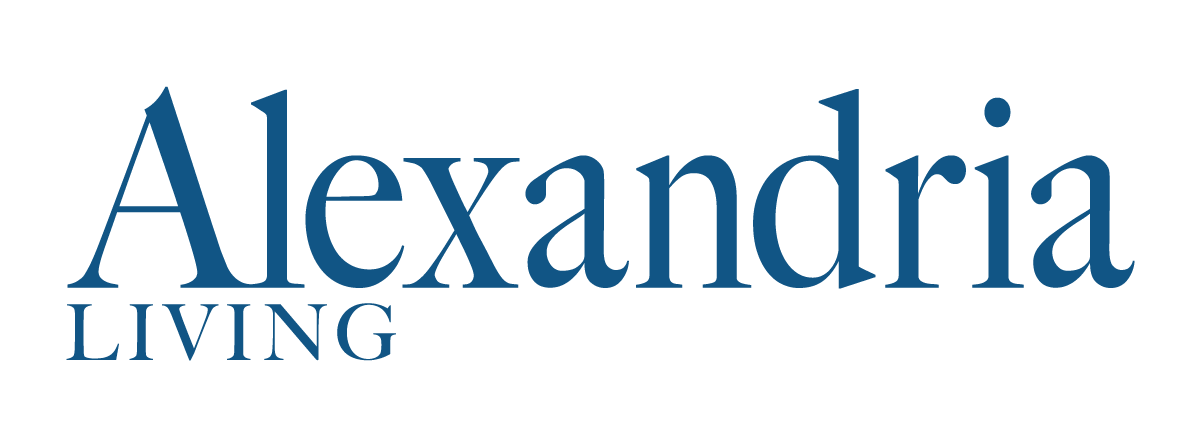Sales of food for home consumption and certain essential personal hygiene products are taxed at 2.5% throughout Virginia. Beginning January 1, 2023, the rate will decrease to 1%, according to the Virginia Department of Taxation.
That's $1.50 saved for every $100 spent.
The then proposed tax cut was touted by Virginia Gov. Glenn Youngkin in February during a visit to the Bradlee Safeway in Alexandria. The Republican governor was not wearing a mask at a time when many were "masking up" due to the pandemic.
When someone yelled "Governor, where is your mask?" the moment was recorded and went viral online. He replied "We're all making choices today."
The reply to that? "Yeah, look around you governor, you're in Alexandria. Read the room buddy."
Politics aside during that visit, the tax cut is popular on both sides of the aisle.
"We've always felt that the grocery tax was a regressive tax and one that needed to get rid of," Alexandria Mayor Justin Wilson said during a virtual town hall earlier this year. "I think the important thing to note is that the grocery tax is both a state revenue and a local revenue."
The local 1 percent tax on groceries brings in an estimated $4.5 million a year to the City.
Virginia is one of 13 states that imposes a sales tax on groceries, according to an analysis from the Center on Budget and Policy Priorities. Illinois, which imposes a 1% sales tax on groceries, has suspended the tax until July 1, 2023, while Kansas lawmakers passed a plan this year to eliminate the state’s sales tax on groceries by 2025.
What qualifies as food for home consumption?
Most staple grocery items and cold prepared foods packaged for home consumption qualify for the reduced sales tax rate.
Items that don’t qualify for the reduced rate include:
- alcoholic beverages;
- tobacco;
- prepared hot foods packaged for immediate consumption on or off premises;
- seeds and plants used to grow food for home consumption.
Certain types of vendors are presumed to be selling food for immediate consumption, and are not allowed to charge the reduced rate. These include:
- caterers;
- concession vendors;
- entertainment facilities (theme parks, stadiums, etc.);
- fair and carnival vendors;
- gift shops;
- hamburger and hot dog stands;
- honor snack vendors;
- ice cream stands and trucks;
- mobile food vendors;
- movie theaters;
- newsstands;
- vending machine vendors.
Any retail establishment whose sales of food for immediate consumption constitutes 80% or more of their total sales also may not charge the reduced rate. (A business that also sells motor fuels should include motor fuel sales when determining if they meet the 80% rule.)
For more information on the reduced tax on food for home consumption, including detailed lists of eligible foods, please see Tax Bulletin 5-78.
The Department of Taxation is also reminding consumers about a reduced tax rate on some personal hygiene products.
What qualifies as an essential personal hygiene product?
Essential personal hygiene products that qualify for the reduced tax rate include:
Nondurable incontinence products:
- diapers;
- disposable undergarments;
- pads designed to protect undergarments;
- bed sheets;
- pads designed to protect bed sheets and mattresses;
- incontinence products designed to be inserted in the body
Feminine hygiene products:
- sanitary napkins;
- sanitary towels;
- tampons;
- menstrual sponges;
- menstrual cloths and pads;
- menstrual cups;
- pantyliners;
- period panties;
- other products used to absorb or contain menstrual flow
For more information on the reduced rate for essential personal hygiene products, please see Tax Bulletin 19-8.

